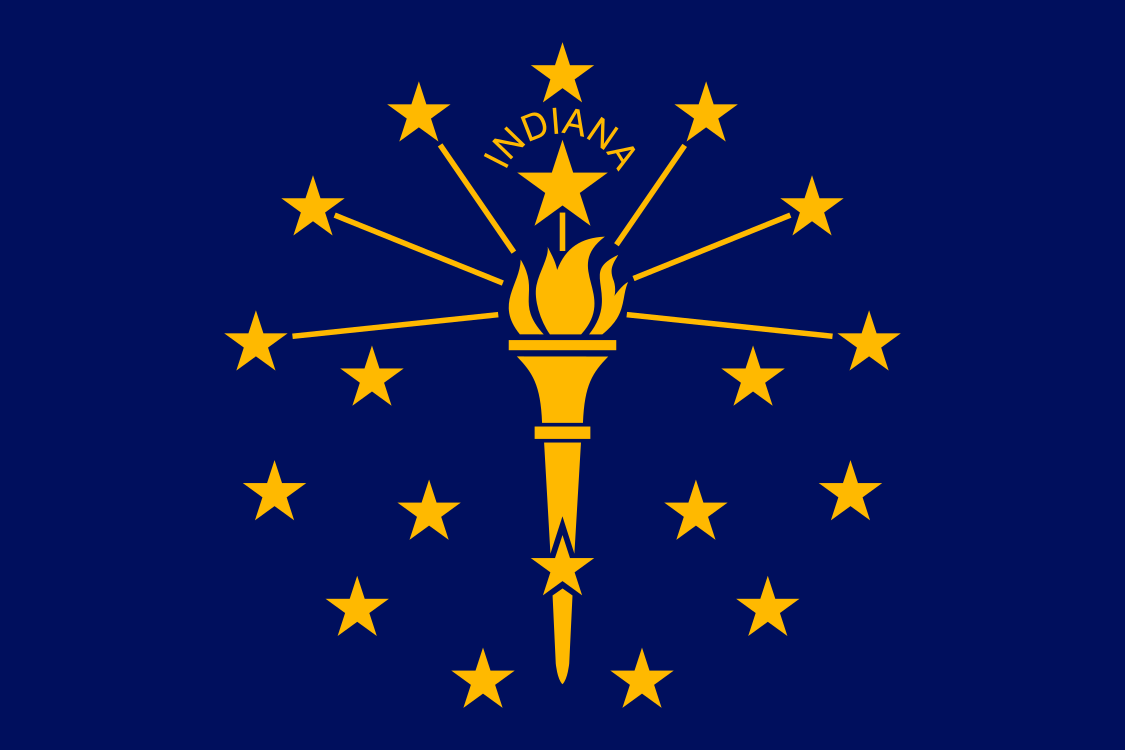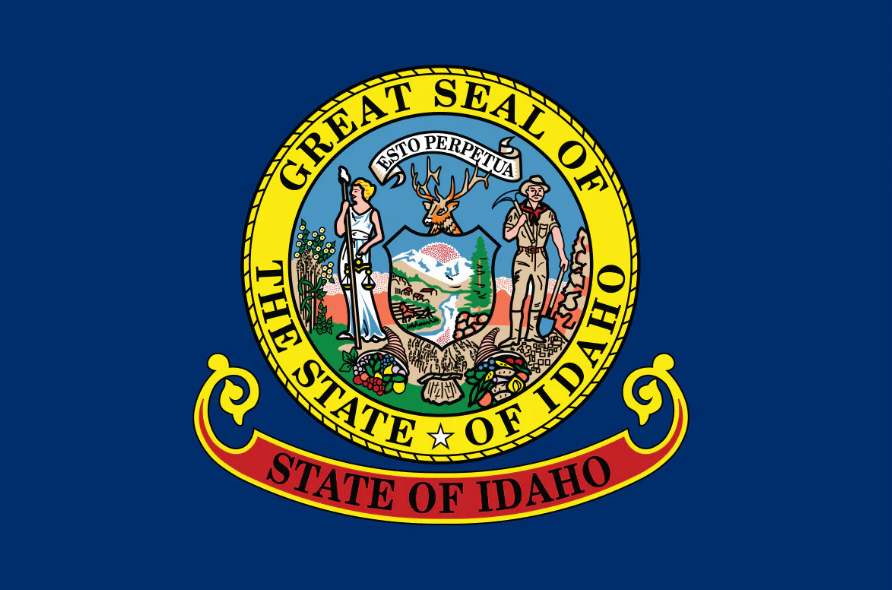September marks a transitional period as summer gives way to autumn in many parts of the world. It’s a month rich in cultural celebrations and national holidays, offering long weekends that provide the perfect opportunity for relaxation, travel, and immersing oneself in local traditions. In this article, we’ll delve into some of the notable long weekends in September across different countries, each with its own unique traditions and significance.
Labor Day Weekend (United States and Canada) – First Monday in September
One of the most widely recognized long weekends in September is Labor Day weekend, celebrated in both United States and Canada. This holiday is observed on the first Monday of September, with different dates each year (for example, in 2026, it falls on September 7).
United States:
In the U.S., Labor Day is more than just a public holiday; it’s a cultural milestone that symbolizes the unofficial end of summer. For many Americans, this weekend is an opportunity to squeeze in one last summer getaway before the cool autumn weather sets in. Whether it’s a beach trip, a camping adventure, or simply a backyard barbecue, Labor Day is synonymous with outdoor fun. Cities and towns across the country also host parades, fireworks, and community events that celebrate the achievements of the American workforce.
Labor Day weekend is also significant for the retail industry, with stores offering major sales, making it one of the biggest shopping weekends of the year. Sports enthusiasts look forward to the start of the NFL season, college football games, and the final stretch of the Major League Baseball season.
Canada:
In Canada, Labor Day shares a similar spirit, serving as a time to honor the contributions of workers and the labor movement. Canadians often spend the extended weekend relaxing, traveling, or preparing for the new school year, which typically starts immediately after Labor Day. Across the country, various community events, including parades, fairs, and festivals, celebrate the nation’s diverse labor history and the role of workers in building modern Canada.
Mid Autumn Festival (China and Other East Asian Countries) – September 25, 2026
The Mid Autumn Festival, also known as the Moon Festival, is a cherished tradition celebrated across China, Taiwan, Hong Kong, and other East Asian countries. Typically falling in September, this festival brings families together for meaningful reunions and cultural celebrations. In 2026, the Mid Autumn Festival falls on September 25.
China:
In China, the Mid Autumn Festival holds immense cultural importance, second only to the Lunar New Year. Families gather to share mooncakes symbolizing unity and completeness and to admire the full moon, a representation of harmony and reunion. The day is marked by a public holiday, giving people time to travel home and celebrate with loved ones. Traditional festivities such as lantern displays, dragon dances, and moon viewing gatherings illuminate the night, showcasing the festival’s deep cultural roots.
Other East Asian Countries:
The Mid Autumn Festival is celebrated with great enthusiasm throughout East Asia. In Vietnam, it is known as Tết Trung Thu, a joyous time when children carry colorful lanterns through the streets. In Korea, the holiday is called Chuseok, during which families honor their ancestors and enjoy traditional dishes. In Japan, the celebration is known as Tsukimi, or “moon viewing,” where people admire the bright autumn moon while offering rice dumplings and sake. Across these regions, the festival symbolizes gratitude, family togetherness, and appreciation for nature’s beauty.
Independence Day (Brazil) – September 7
On September 7th, Brazil celebrates Independence Day, commemorating its independence from Portugal in 1822. This national holiday is a significant event, often leading to a long weekend that is filled with patriotic fervor.
Celebrations: Independence Day in Brazil is marked by vibrant parades, fireworks, and cultural events that take place across the country. The capital city, Brasília, hosts a grand military parade, showcasing the nation’s strength and unity. In other cities, local festivities include music, dance, and street parties that highlight Brazil’s rich cultural heritage. When Independence Day falls close to a weekend, many Brazilians take the opportunity to travel, visit family, or simply enjoy the festive atmosphere.
Heritage Day (South Africa) – September 24
Heritage Day, observed on September 24th, is a public holiday in South Africa that celebrates the country’s diverse cultural heritage. It’s a day for all South Africans to recognize and appreciate the rich tapestry of traditions, languages, and cultures that make up the nation.
Braai Day: One of the most popular ways to celebrate Heritage Day is through a “braai” the South African term for a barbecue. Over time, the day has also become affectionately known as “Braai Day,” symbolizing unity and togetherness. Families and friends gather around the fire to enjoy grilled meats, traditional dishes, and good company. In 2026, Heritage Day falls on Thursday, September 24, making it a perfect opportunity for many to enjoy an extended long weekend relaxing, connecting with loved ones, and celebrating the warmth of South African culture.
September 11 Remembrance (United States) – September 11
September 11th is a solemn day of remembrance in the United States, honoring the lives lost during the terrorist attacks of 2001. While it is not a federal holiday, Americans across the nation commemorate the day with moments of silence, memorial ceremonies, and acts of service. In 2026, September 11th falls on a Friday, providing an opportunity for reflection and community gatherings throughout the weekend. Though it does not create an official long weekend, it remains a deeply meaningful day that unites the country in remembrance, resilience, and hope.
Frequently Asked Questions (FAQs) Related to Work Life and Vacation During Long Weekends
How should I approach requesting time off for a long weekend?
When planning to take time off for a long weekend, it’s best to request your leave as early as possible. This gives your employer ample time to accommodate your absence and allows you to secure your plans before your colleagues do. Ensure you check your company’s vacation policies and try to coordinate with your team to avoid overlapping absences that might disrupt operations.
Can I extend a long weekend by taking additional vacation days?
Yes, many employees choose to extend their long weekends by taking additional vacation days either before or after the holiday. For example, if Labor Day falls on a Monday, taking the preceding Friday off can give you a four day weekend. Just be sure to plan this in advance and get approval from your employer, keeping in mind any ongoing projects or deadlines.
What if my job requires me to work during the holiday?
If your job requires you to work during a holiday, it’s important to understand your company’s policies regarding holiday pay. In many places, employees who work on a public holiday are entitled to extra compensation, such as overtime pay or a substitute day off (often called a “day in lieu”). Discuss your options with your employer if you’re required to work and try to plan a different time to rest and recharge.
How can I maintain work life balance during a long weekend?
To maintain a healthy work life balance during a long weekend, it’s important to disconnect from work as much as possible. Set boundaries by avoiding checking work emails or taking calls unless absolutely necessary. Use the time to relax, pursue personal interests, or spend quality time with family and friends. Planning your weekend activities ahead of time can help you fully enjoy your time off without the stress of last minute decisions.
What should I do if my workload increases before a long weekend?
It’s common for workloads to spike before a long weekend, as you may need to complete tasks that would otherwise be done during your time off. Prioritize your tasks by focusing on urgent and important work first. If you’re feeling overwhelmed, communicate with your manager or team to delegate or defer non essential tasks. Managing your time effectively in the days leading up to the weekend can help ensure you enjoy your time off without lingering stress.
Is it advisable to check work emails during a long weekend?
While it’s tempting to stay connected, it’s generally advisable to avoid checking work emails during a long weekend unless it’s absolutely necessary. Disconnecting from work allows you to fully relax and recharge, which can improve your productivity and mental health when you return. If you must check in, set specific times to do so and limit the time you spend responding to non urgent matters.
What if I feel guilty about taking time off during a busy period?
It’s natural to feel guilty about taking time off during a busy period, but it’s important to remember that regular breaks are crucial for maintaining long term productivity and well being. Communicate your plans with your team in advance, and ensure that any critical tasks are covered while you’re away. Taking care of your mental and physical health through rest will make you a more effective employee in the long run.
Can my employer deny my request for time off during a long weekend?
Yes, your employer has the right to deny your request for time off, especially if your absence would negatively impact the business or if multiple employees have already requested the same days off. To increase the likelihood of approval, submit your request as early as possible, be flexible with your dates, and consider proposing a plan to ensure your responsibilities are covered while you’re away.
What are some productive ways to spend a long weekend if I choose not to travel?
If you decide to stay home during a long weekend, you can use the time productively by engaging in activities that you typically don’t have time for during a regular workweek. Consider pursuing a hobby, starting a home improvement project, catching up on reading, or learning a new skill. Long weekends are also a great opportunity for self care, such as getting more sleep, exercising, or simply unwinding with a good movie or TV series.
How can I prepare for a smooth return to work after a long weekend?
To ensure a smooth transition back to work after a long weekend, try to wrap up any urgent tasks before your time off and leave detailed notes for yourself or your team. Setting an out of office message on your email can help manage expectations for when you’ll respond to inquiries. On the day you return, ease back into your routine by reviewing your emails, catching up on any missed updates, and gradually re-engaging with your tasks.
Conclusion
September is a month filled with opportunities to enjoy long weekends, whether you’re celebrating Labor Day in North America, the Mid Autumn Festival in East Asia, Independence Day in Brazil, or Heritage Day in South Africa. These holidays not only offer a chance to take a break from the routine but also provide an opportunity to participate in cultural and historical celebrations that are deeply rooted in each country’s identity. Whether you’re planning a trip, spending time with family, or simply enjoying a few days off, September’s long weekends are a perfect time to recharge and reflect.












